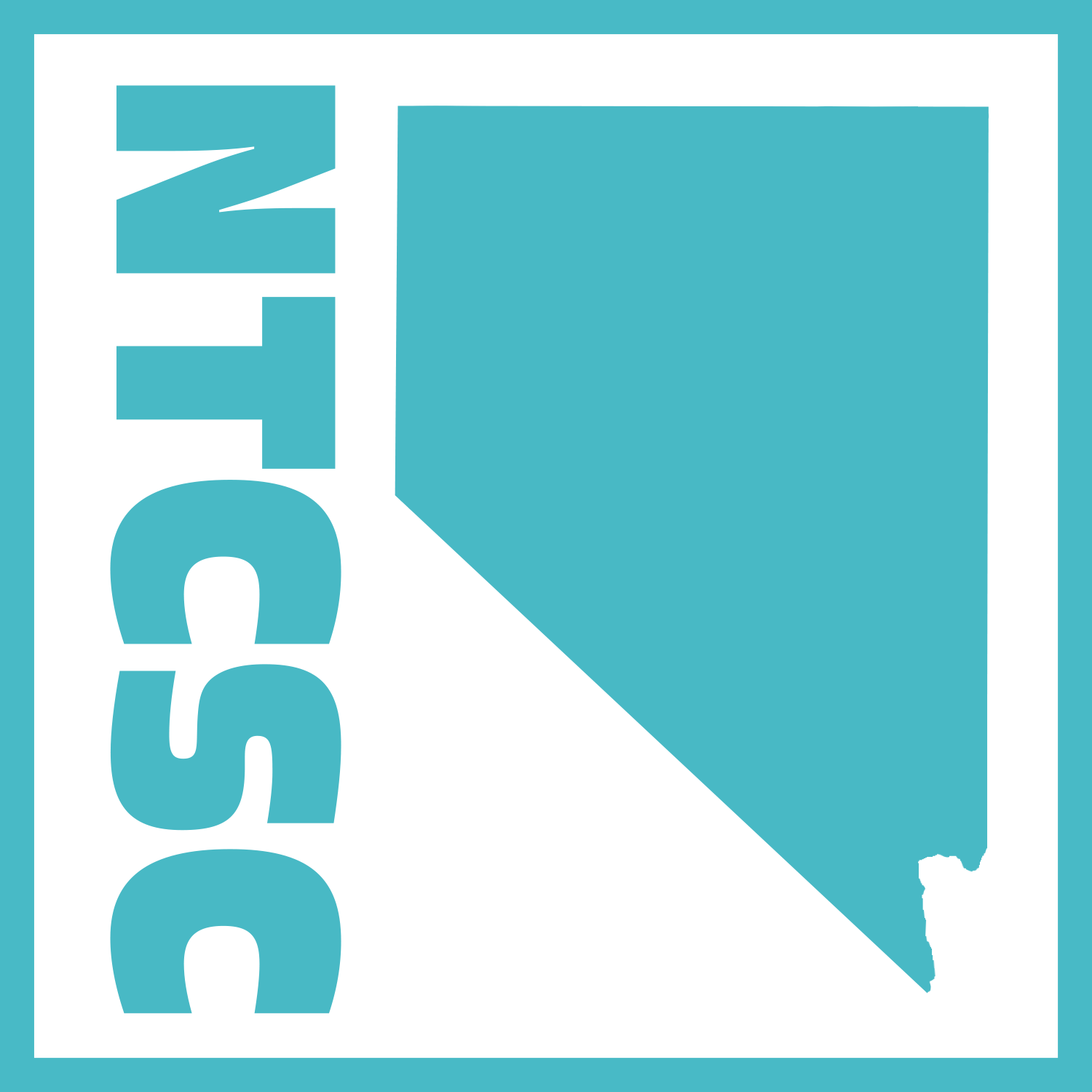
The mission of the Nevada Tobacco Control & Smoke-free Coalition is to improve the health of all Nevadans by advocating to eliminate exposure to secondhand smoke and vape emissions, expand access to cessation, and reduce commercial tobacco use. We believe that reduction in the use of tobacco and in the exposure to secondhand smoke and e-cigarette aerosol will create healthier lifestyles, longer lives, and a healthier environment for the people of Nevada.
The Nevada Tobacco Control & Smoke-free Coalition (NTCSC)- formerly the Nevada Tobacco Prevention Coalition is comprised of collaborating public health, health care, local and national nonprofits, community-based organizations, professional and medical associations, higher education, and governmental entities.
As a coalition and individual members, we work to create healthier environments by educating about and advocating for policy change that protects all workers from secondhand smoke; that prevents youth and young adults from initiating tobacco and e-cigarette use; that taxes cigarettes and other tobacco products at levels that help to deter use; that encourages cessation among all tobacco users; and that helps to reduce disparities as they relate to tobacco use.
For more information about the Nevada Tobacco Control & Smoke-free Coalition please visit nvtobaccopreventioncoalition.org.
The mission of the Nevada Tobacco Control & Smoke-free Coalition (NTCSC) is to improve the health of all Nevadans by reducing the burden of tobacco use and nicotine addiction.
NTCSC’s priorities and objectives are both short- and long-term. Some require a constant and consistent effort to sustain them year-to-year. Others are more specific in nature, with an end result in sight. Still others arise when market conditions change.
What doesn’t change, however, is NTCSC’s commitment to its mission to improve the health of all Nevadans by reducing the burden of tobacco use and nicotine addiction as it pursues its goals.
NTCSC has identified the following issues as its top priorities for 2020/2021
The mission of the Nevada Tobacco Control & Smoke-free Coalition is to improve the health of all Nevadans by advocating to eliminate exposure to secondhand smoke and vape emissions, expand access to cessation, and reduce commercial tobacco use. We believe that reduction in the use of tobacco and in the exposure to secondhand smoke and e-cigarette aerosol will create healthier lifestyles, longer lives, and a healthier environment for the people of Nevada.
The Nevada Tobacco Control & Smoke-free Coalition (NTCSC)- formerly the Nevada Tobacco Prevention Coalition is comprised of collaborating public health, health care, local and national nonprofits, community-based organizations, professional and medical associations, higher education, and governmental entities.
As a coalition and individual members, we work to create healthier environments by educating about and advocating for policy change that protects all workers from secondhand smoke; that prevents youth and young adults from initiating tobacco and e-cigarette use; that taxes cigarettes and other tobacco products at levels that help to deter use; that encourages cessation among all tobacco users; and that helps to reduce disparities as they relate to tobacco use.
For more information about the Nevada Tobacco Control & Smoke-free Coalition please visit nvtobaccopreventioncoalition.org.
The mission of the Nevada Tobacco Control & Smoke-free Coalition (NTCSC) is to improve the health of all Nevadans by reducing the burden of tobacco use and nicotine addiction.
NTCSC’s priorities and objectives are both short- and long-term. Some require a constant and consistent effort to sustain them year-to-year. Others are more specific in nature, with an end result in sight. Still others arise when market conditions change.
What doesn’t change, however, is NTCSC’s commitment to its mission to improve the health of all Nevadans by reducing the burden of tobacco use and nicotine addiction as it pursues its goals.
NTCSC has identified the following issues as its top priorities for 2020/2021
